Optimal Timing for Foundation Repairs
Foundation repairs are a critical aspect of maintaining structural integrity and ensuring the safety of a building. The timing of repairs can significantly impact their effectiveness and longevity. Understanding the optimal periods for addressing foundation issues can help prevent further damage and reduce costs.
Spring and fall are generally ideal for foundation repairs due to moderate weather conditions and soil stability. Extreme temperatures and weather events can hinder repair work and affect outcomes.
Periods of consistent soil moisture, typically in spring after snowmelt or fall before winter, are best for foundation work. Dry or overly saturated soil can complicate repairs.
Many contractors schedule foundation repairs during the warmer months when outdoor work is feasible. Planning repairs in late spring or early fall can minimize delays.
Immediate repairs are necessary if there are signs of significant foundation movement, regardless of season. Prompt action can prevent further structural damage.
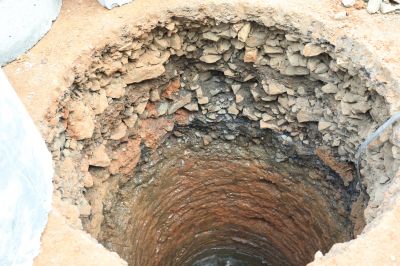
Soil is moist and stable, ideal for foundation work.
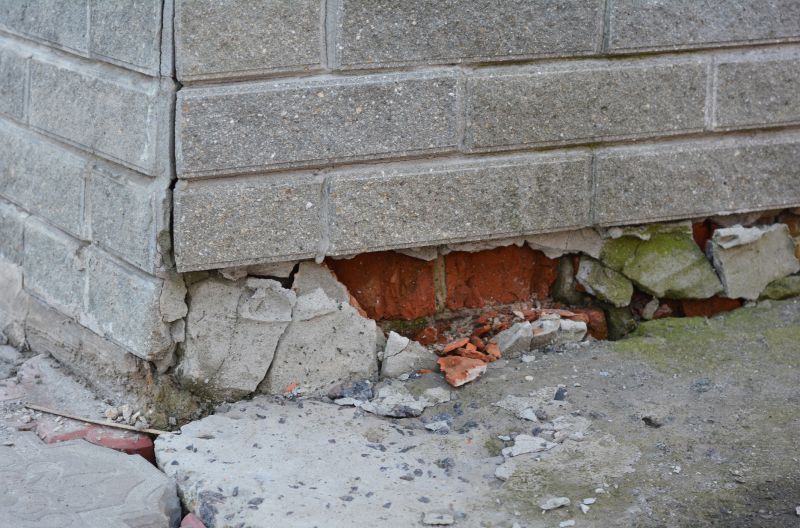
Moderate temperatures and soil moisture make fall suitable for foundation repairs.
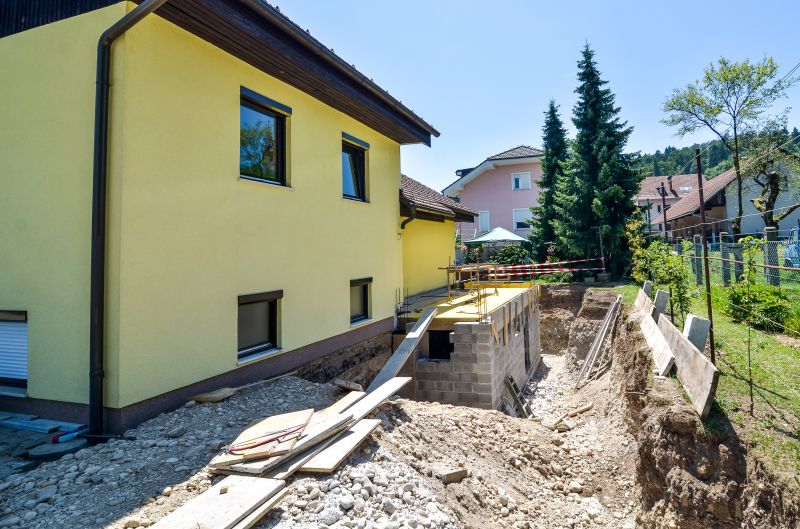
Warmer months facilitate outdoor repair work.
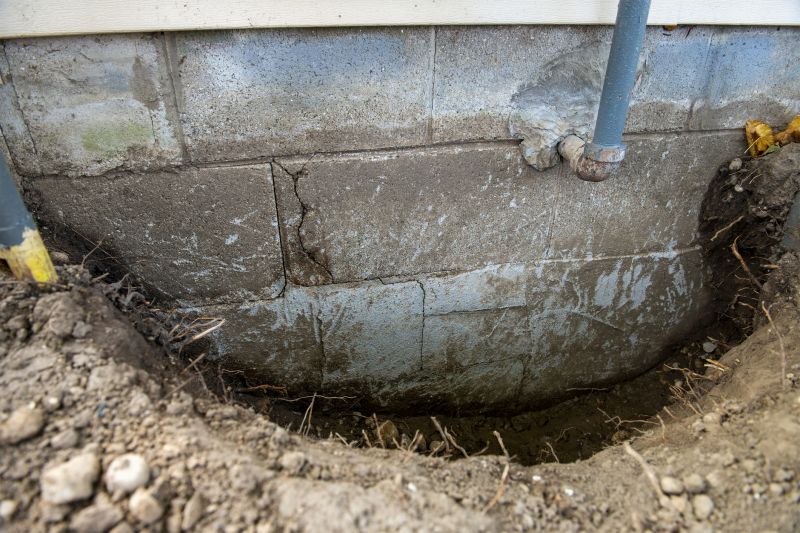
Immediate action is needed when signs of significant damage appear.
| Season | Optimal Conditions |
|---|---|
| Spring | Moderate soil moisture, mild temperatures, ideal for repairs. |
| Summer | Can be suitable but may face high temperatures and drought conditions. |
| Fall | Stable soil moisture, cooler temperatures, good for scheduling repairs. |
| Winter | Generally not recommended due to soil freezing and harsh weather. |
Foundation repairs involve addressing issues such as cracks, settling, and shifting that compromise the stability of a structure. These repairs often include underpinning, piering, and stabilization techniques. Proper timing ensures that repairs are effective and durable, reducing the likelihood of recurring problems.
Statistics indicate that addressing foundation issues early can prevent more extensive damage. For example, untreated foundation cracks can lead to structural failure, which may result in costly repairs and safety hazards. Regular inspections and timely repairs are essential components of maintaining property integrity.
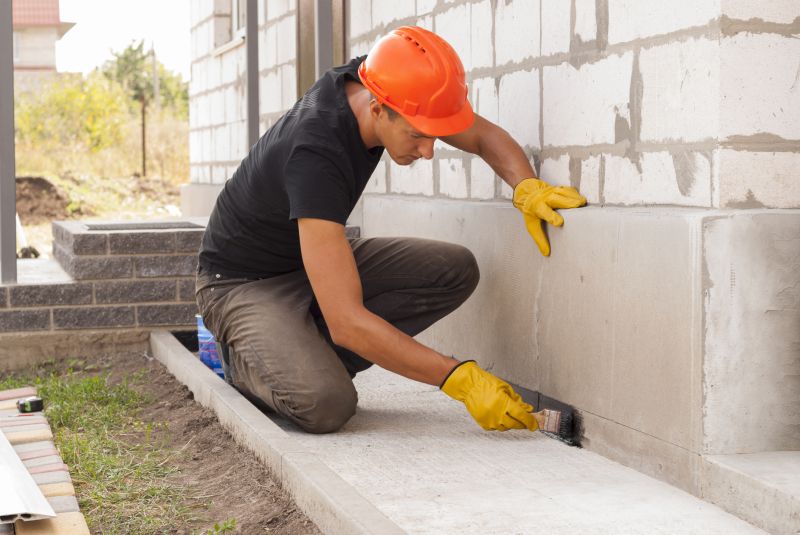
Proper timing helps ensure crack stabilization.

Effective during moderate weather conditions.
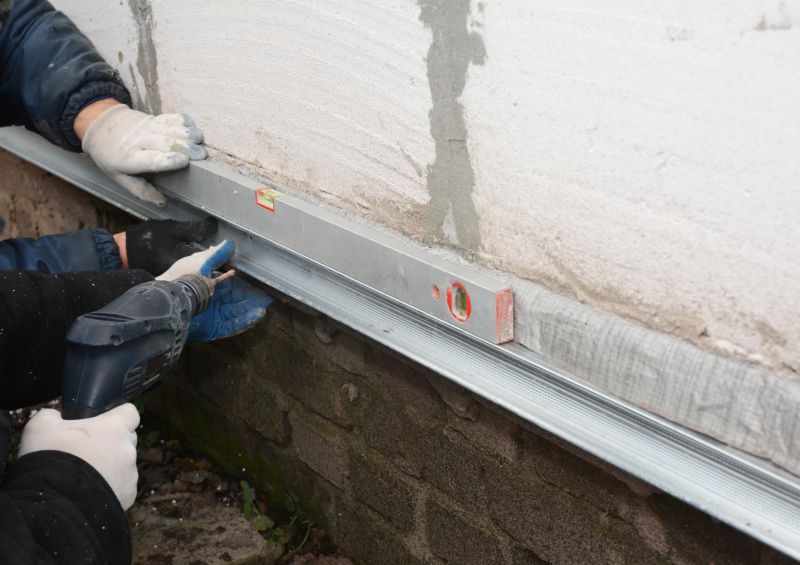
Performed when soil moisture levels are optimal.
Interested property owners in Bettendorf, IA, are encouraged to contact professionals to assess foundation conditions and determine the best timing for repairs. Proper scheduling can lead to more effective results and a longer-lasting foundation.


